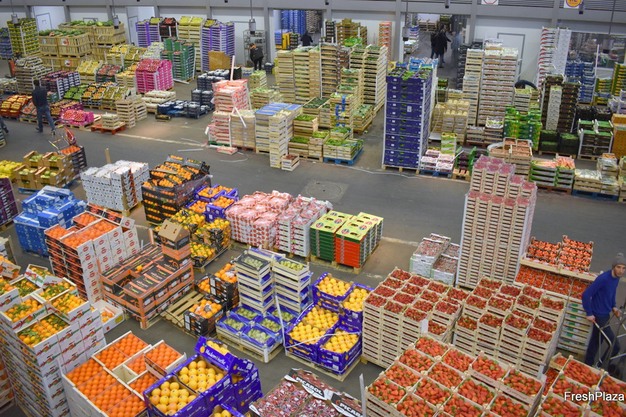The Confederation of French Wholesalers (CGF) has carried out a survey to assess the impact of the Olympic Games on the business of wholesalers in the Paris region. "Despite the strong mobilization and major effort to adapt in order to continue their activities, only 10% of the wholesalers surveyed said they were satisfied with the economic impact of the Games."
The survey carried out by the confederation between the end of the Olympic Games and the start of the Paralympic Games involved 103 companies, 80% of which have fewer than 50 employees. It "highlights their strong capacity to adapt and anticipate, supported by a number of tools developed by the InTerLUD + program, such as the "joptimiz.green" application and the practical JOP2024 guide designed by CGF. Wholesalers reorganized their routes and adapted their staff activities (overtime, night shifts, deferring holidays, employing dedicated staff...) in order to carry out their discreet but essential mission.

"Mixed and contrasting economic results across sectors"
According to the results of the survey, the Olympic Games were not profitable for wholesalers, with "only 10% of companies surveyed saying they were satisfied with the economic impact of the Games." For agricultural and agri-food products, a quarter of companies reported an increase in business during the Olympic Games, while half of the respondents reported a (sharp) drop in business. This was confirmed by several wholesalers interviewed, especially at Rungis, who described a "real disaster during July and August," with some reporting a drop in business of approximately 30%. The main reason given was the restrictions put in place to ensure the smooth running of the event, including the closure of restaurants, shops and markets located within the perimeter of the Olympic sites.
Only 22% of the respondents operating in the construction, industry and capital goods sector reported an increase in business, compared with just 11% in the manufactured goods sector.
According to Stéphane Antiglio, chairman of CGF, "the unprecedented mobilization in the run-up to and during the Olympic Games was carried out to preserve the quality and level of service that we owe our business clients, and which is at the heart of the special relationship we have with them. We can also be proud of having contributed, at our level, to the success of an exceptional episode in our shared history. Although the economic consequences for our companies were more than mixed, this sequence demonstrated our ability to adapt and provided a fantastic testing ground for urban logistics solutions that could potentially be put on a permanent footing. This episode shows that we need to have confidence in our companies.
Results of the wholesale business barometer for Q2 2024
In addition to this flash survey, CGF is unveiling the results of its wholesale business barometer, carried out with Xerfi, for the 2nd quarter of 2024 (April, May and June 2024). In the run-up to the Olympic Games, overall wholesale sales fell by 1.5% compared with the same quarter in 2023. There is some disparity between sectors, with a greater drop in construction (-6%).
"In the 2nd quarter of 2024, the wholesale sector was affected by the prevailing economic gloom. More generally, in this unstable political and economic context, CGF is reminding companies of their need for visibility and stability," explains Stéphane Antiglio. In Q2 2024, 28% of wholesalers surveyed intend to recruit, a level very similar to the previous half-year (27%). Recruitment difficulties are rising sharply again, affecting 78% of wholesalers, including 100% of food wholesalers.
